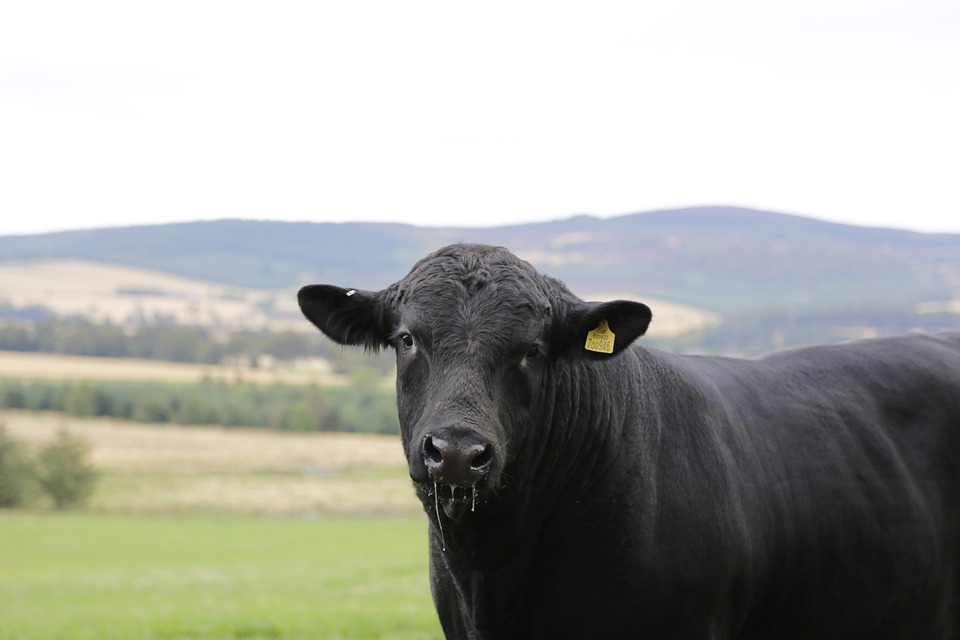Lab results from May 13 are confirming that anthrax caused the death in cattle in the RM of Paynton.
Saskatchewan Agriculture reminds producers to be vigilant for the bacteria which can live in spores for decades in soil.
Changes in soil moisture, from flooding and drying, can lead to a build-up of spores on pastures and your animals can be infected when they eat forage contaminated with spores.
Bison, cattle, sheep and goats are highly susceptible, and horses can also be infected. Swine, birds and carnivores are more resistant to infection, but farm dogs and cats should be kept away from dead animals.
The carcasses of any animal suspected of having anthrax should not be moved or disturbed and should be protected from scavengers such as coyotes or ravens, to prevent spreading spores in the environment.
Contact your local veterinarian immediately if you suspect anthrax was the cause of death. All tests must be confirmed by a laboratory diagnosis, and positive test results must be immediately reported to the provincial Chief Veterinary Officer.
Use caution when handling potentially infected animals or carcasses. Animal cases pose minimal risk to humans, but people can get infected through direct contact with sick animals or carcasses.
More information is available online.



